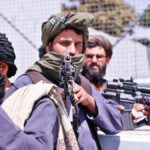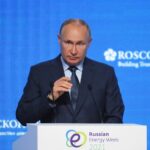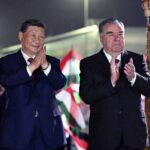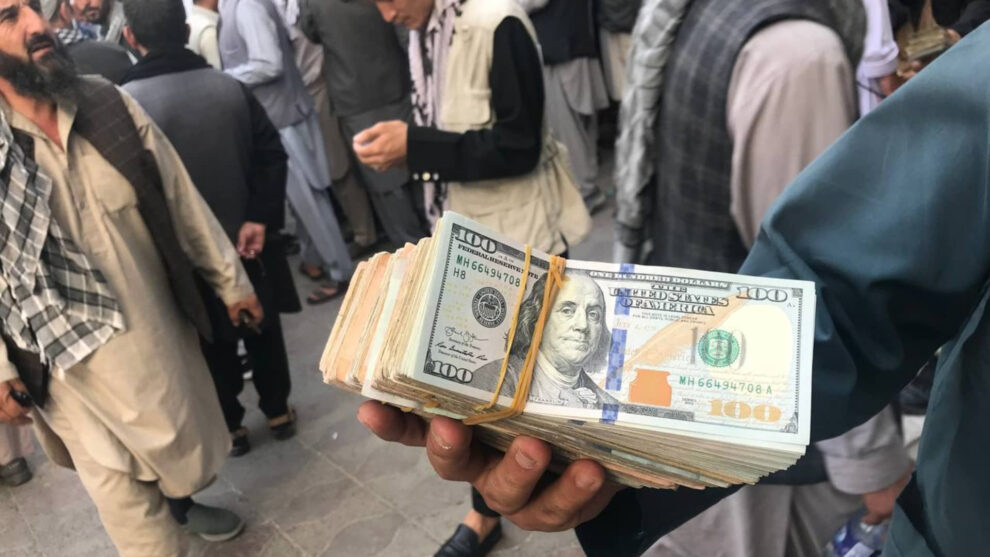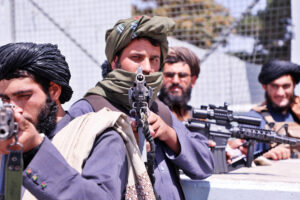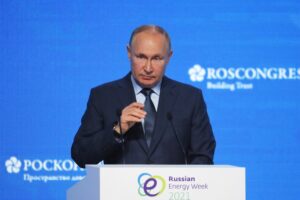But the Islamic Emirate said that Afghanistan was not involved in the 9/11 attack and that its foreign assets should be returned.
Following the 9/11 attack that led to the 20- year US-led military mission in Afghanistan, billions of dollars were injected into the war-torn country but Afghanistan failed to reach self-sufficiency.
On September 11, 2001, suicide attackers seized US passenger jets and crashed them into two New York skyscrapers as well as the Pentagon.
Nearly 3,000 people were killed, and scores of others were wounded.
The US and its partners attacked Afghanistan in October after the then Taliban regime refused to hand over Osama bin Laden, the mastermind of the attack.
Initially considered a new start for Afghanistan as billions of dollars of assistance flowed into the country, Afghanistan has yet to reach economic self-sufficiency.
Meanwhile, the citizens voiced criticism that the assistance was not used properly.
“Billions of dollars have come to Afghanistan over the past 20-years, but it was not used effectively,” said Jan Mohammad, a resident of Nimroz.
“Billions of dollars which were circulated in Afghanistan were not placed into fundamental fields. There has been no special work, the people of Afghanistan are still poor,” said Zarmina, a resident of Jawzjan.
After the fall of the former government, in February 2022, the US President Joe Biden issued an executive order moving $7 billion of the Afghan central bank’s assets frozen in the U.S. banking system to fund humanitarian relief in Afghanistan and compensate victims of the September 11, 2001, attacks, according to a US official familiar with the decision.
But the Islamic Emirate said that Afghanistan was not involved in the 9/11 attack and that its foreign assets should be returned.
“The assets of Afghanistan is the right of the Afghan nation and should be released without any restrictions and be preserved inside of Afghanistan,” said Abdul Latif Nazari, the deputy Minister of Economy.
This comes as economists said that there was no serious attention paid to the reconstruction of infrastructure in Afghanistan over the past two decades.
“The presence of the international community or the US in Afghanistan was not aiming to reconstruct the infrastructure of Afghanistan, but they were following their strategic and political goals,” said Abdul Naseer Rishtia, an economist.
“The people who were ruling the government, when there was a project in infrastructure, they would divide it among themselves,” said Mohammad Nabi, an economist.
Source : Tolo News

